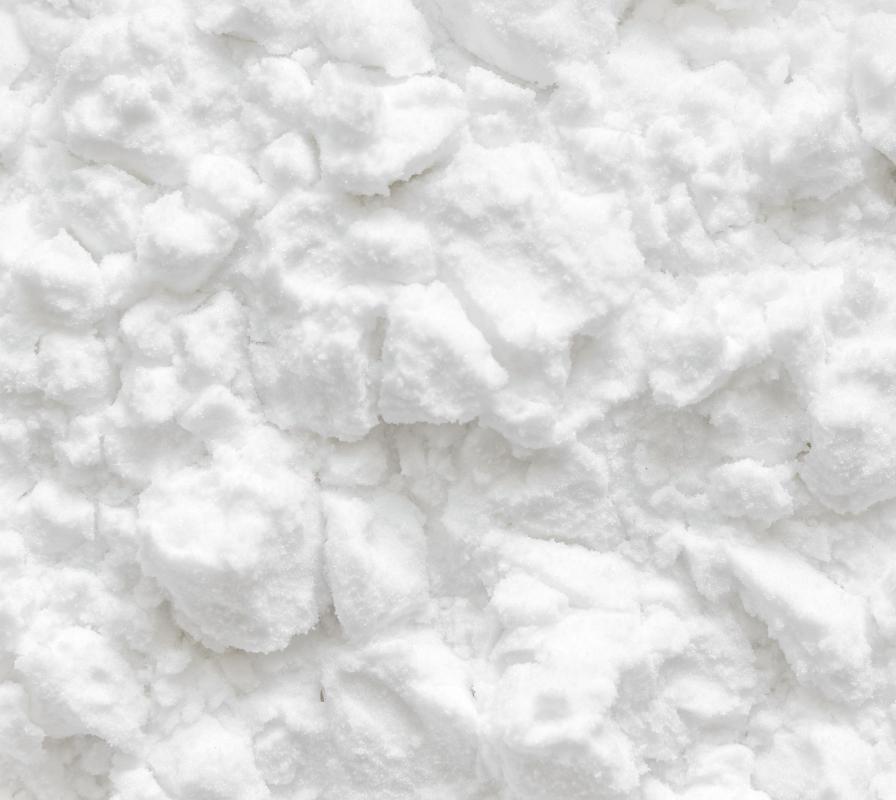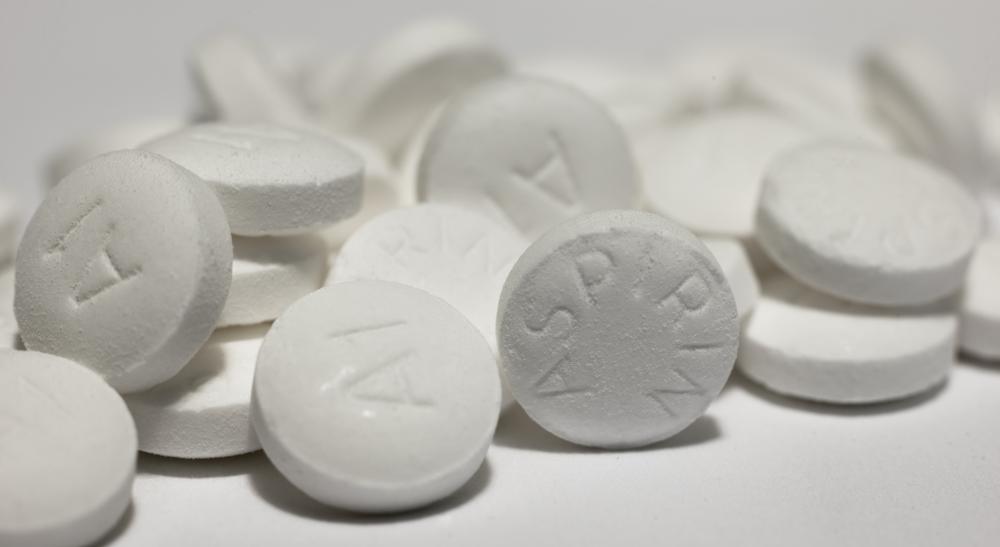At TheHealthBoard, we're committed to delivering accurate, trustworthy information. Our expert-authored content is rigorously fact-checked and sourced from credible authorities. Discover how we uphold the highest standards in providing you with reliable knowledge.
What is the Appropriate Aspirin Dose?
Aspirin, also referred to as acetylsalicylic acid, is a drug used for a wide variety of uses. It is a salicylate drug, and is recommended for a range of conditions, including inflammation, fever, and pain. Aspirin may also have a number of unpleasant side effects, most notably stomach bleeding, tinnitus, and ulcers, especially if the recommended dose is exceeded. For this reason, it is important to make sure you are taking the prescribed aspirin dose, especially in the cases of the young, elderly, or severely infirm.
First of all, it should be noted that the appropriate aspirin dose for a child with a fever is none at all. Although in the past many people gave children aspirin to alleviate fevers, these days it is highly recommended against. This is because children, especially those suffering from chickenpox or flu-like symptoms, have a risk of developing a rare condition known as Reye’s syndrome. This can cause swelling of the brain and liver, and unless detected immediately can be fatal. For this reason, it is important to avoid giving aspirin to children with fevers.

Many people use the term aspirin specifically refers to the version of acetylsalicylic acid produced by Bayer. In this case, a single pill is a 325mg dose of aspirin, with inactive ingredients including corn starch, cellulose, triacetin, hypromellose, and carnauba wax. In other regions, pills may contain more or less aspirin, and you should check to make sure before deciding on an appropriate dose. If there is any doubt, consult with a medical professional before ingesting.

For adults treating a fever, either one or two of these pills is the recommended aspirin dose, for a total of either 325mg or 650mg of aspirin at a time. This can be repeated every three or four hours, and may be repeated as many as six times in a day. Chewable pills should be chewed completely and swallowed, and non-chewables should be taken with a full glass of water. A full aspirin dose may cause an upset stomach in some people, so taking the dose with milk or a meal is sometimes recommended, to lessen stomach pains.

For adults taking acetylsalicylic acid in order to reduce the risk of a stroke, the recommended aspirin dose is anywhere between 75mg to 325mg a day. For adults given aspirin as a temporary treatment immediately after a heart attack, a single tablet should be chewed right away. And for those taking aspirin to reduce the risk of a heart attack, the most common dose is a single tablet once a day, but a physician should be consulted with prior to starting on a regimen of preventative aspirin.

In addition to the normal Bayer aspirin of 325mg, Bayer also has a number of products containing less acetylsalicylic acid. This aspirin, known as low-dose aspirin, contains only 81mg of acetylsalicylic acid, making it equal to only one-quarter of a normal aspirin. Other sizes include a larger 500mg capsule, and an even larger 650mg capsule, equal to two normal tablets. Quantities of aspirin may also be referred to some times in terms of grains, with a 325mg tablet equaling 5 grains, an 81mg tablet equaling 1.25 grains, a 500mg capsule equaling 7.7 grains, and a 650mg capsule equaling 10 grains.
AS FEATURED ON:
AS FEATURED ON:

















Discussion Comments
Long term usage of aspirin can lead to stomach ulcers or other GI bleeds. Most times doctors prescribe aspirin because benefits outweigh the risks.
What is the difference in the effects of high dose aspirin therapy vs low dose aspirin therapy?
I would assume that the risks are increased with high dose aspirin therapy, but maybe I'm wrong. Can you set me straight?
@charlie89 -- Your doctor can give you more information, but basically, taking a low daily dose of aspirin has been shown to have largely positive effects.
However, there are some side effects that you should be aware of.
First, taking a daily aspirin dose of any kind in conjunction with more than 2 drinks of alcohol per day can really increase your chances of liver and kidney damage.
Even without the alcohol, aspirin can also cause problems with internal bleeding, particularly in the stomach and the brain. That is why you should never take large doses of aspirin unless specifically instructed to do so by your doctor.
Finally, aspirin can also trigger asthma attacks in those who have an aspirin sensitivity.
So, long story short, there are side effects you need to know about, but if your doctor says that it is OK, then you should be fine.
Best of luck.
So how safe exactly is it to take aspirin in a daily dose?
I've had one heart attack before, and my doctor said that going on low dose aspirin therapy could really help me out -- does anybody have more information on this, or know if there are any side effects?
Thanks!
Post your comments